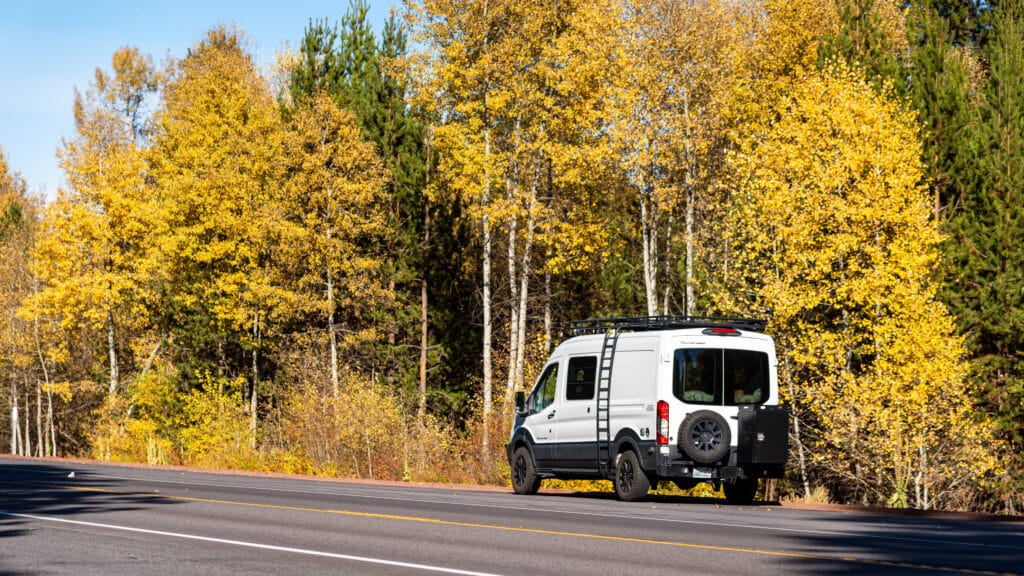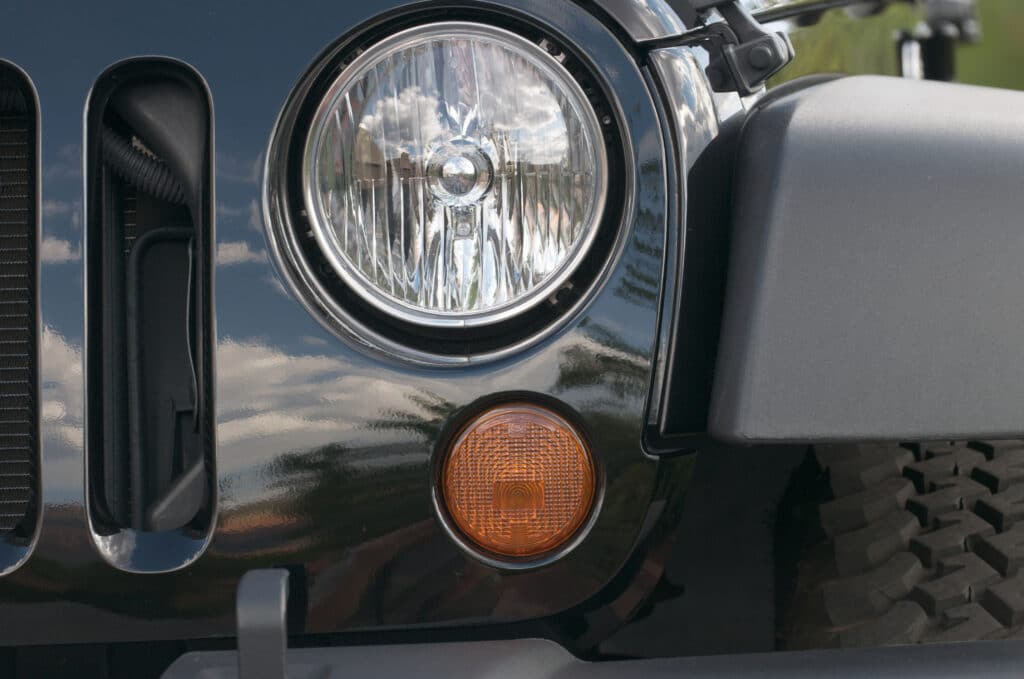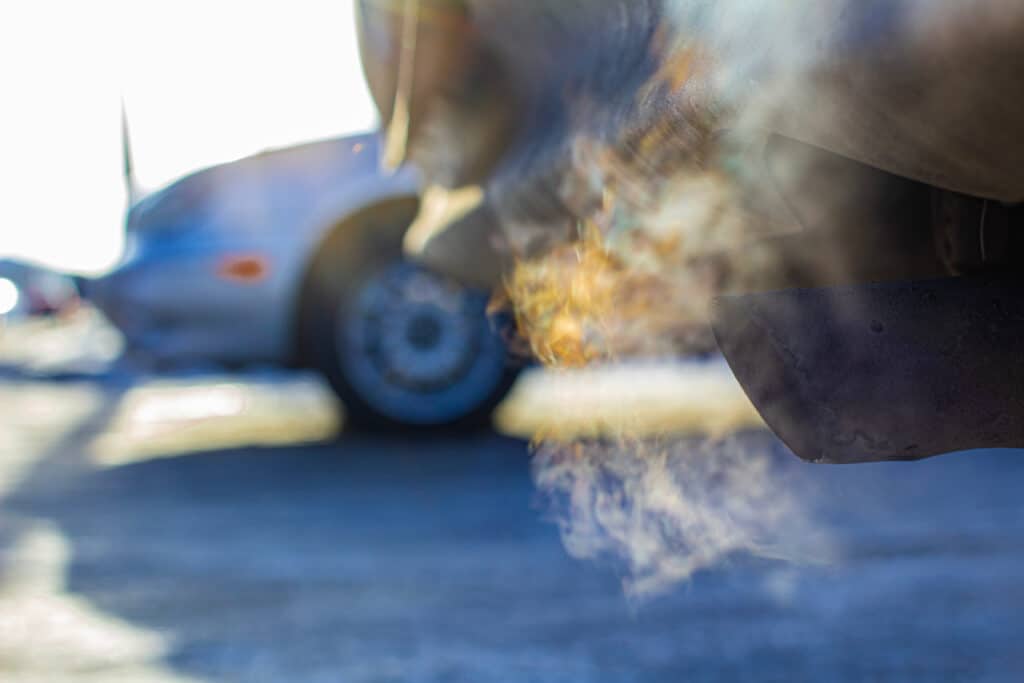Ford Lemon Law
If your Ford has repeated problems that won’t go away, we can help.
If your Ford is defective, you may be legally entitled to a replacement vehicle, buyback, or compensation through a California lemon law claim. The experienced Ford lemon law lawyers with Lemon Law Help are ready to take on your case and get you the results you deserve. Contact us online or call 833-208-8181 today for a free consultation.
Home » Manufacturers » Ford
Why Work With Our Ford Lemon Law Lawyers?
Our skilled attorneys have been serving California residents for over 15 years. Since 2006, we’ve helped over 10,000 consumers get relief after purchasing a lemon. Our team’s many accolades include:
- Deep experience with the Song-Beverly Consumer Warranty Act, known as the California Lemon Law
- Proven results against Ford and others, including a 99% success rate in lemon law cases against major manufacturers
- Personalized, client-focused service available in English, Spanish, and other languages
- Remote consultations available
- Ready and willing to fight for the best possible outcome all the way to trial
- Free case review and contingency fee representation, with no out-of-pocket costs to you
Lemon Law Help isn’t the “fastest” firm because we prioritize quality outcomes over a quick resolution. Other firms leave money on the table by settling for just the statutory refund, while we focus on pursuing civil penalties that can potentially triple the value of your claim. Contact us today to learn more about how we can help maximize your Ford lemon law compensation.
We just settled our second lemon law case with Knight. I think the best employee they have based on energy, respect for the client and all around positive attitude is Jonathan Rivera Cruz. He just put me at ease every time I called!!! Thanks
Tim Coggins
Knight Law Group went above and beyond in handling my case. From start to finish, their team was professional, attentive, and incredibly responsive. They kept me updated every step of the way, answered all my questions clearly, and truly made me feel valued as a client. Their expertise and dedication led to a great outcome, and the process was completely stress-free. I’m grateful for their hard work and highly recommend them to anyone in need of top-tier legal representation
Jerry Bacani
I Purchased my first vehicle never expecting to have to deal with a lemon law case. Fortunately, I was able to be in contact with Knight Law Group LP,- The process was so easy and communication with my contact was constant and very thorough. Would highly recommend …
Sandra Vasquez
How Do You Know If Your Ford Is A Lemon?
The California Lemon Law allows you to receive compensation if you buy a defective vehicle from a manufacturer like Ford that is still under warranty. Within 18 months or 18,000 miles of purchase, a car is presumed to be a “lemon” under the law if it still has a significant defect after one or more of the following:
- You’ve had to take it in at least four times to fix a recurring problem
- You’ve had to take it in at least twice to fix a potentially serious safety defect
- You’ve lost access to your car for more than 30 total days as a result of your repair attempts
Even if your Ford doesn’t meet the presumption criteria, you can still have a valid claim in some circumstances. Our experienced attorneys can help you understand your legal options.
Common Ford Lemon Defects
Some issues that tend to appear in Ford lemon law claims include:
- Engine problems
- Defective brakes or braking systems
- Malfunctioning electrical systems
- Defective airbags
- Leaking fluids
- Issues with power steering
- Faulty AC or heating systems
- Backup camera defects
Ford Transmission Issues
Lemon Law Help has received reports of recurring transmission problems in several Ford models. For example, these models include Ford F-150, Ford Focus, Ford Fiesta, Ford Mustang, Ford Ranger, Ford Expedition, and Lincoln Navigator.
Ford transmission problems may include:
- Wrench light is on
- A clunking or banging noise when starting the engine
- Jerking or lunging
- Slipping or bucking
- Rough, harsh, or erratic shifting
- Hesitation between gears
- Gear getting stuck
- Delayed downshifting
- Sudden or delayed acceleration
- Transmission failure
Ford Death Wobble
The Ford “Death Wobble” is a violent shaking defect that occurs when Ford F-250 and F-350 trucks drive at more than 50 miles per hour and one of the tires hits a bump in the road.
According to a Ford class action lawsuit, a defect in the suspension or steering linkage systems causes the “Death Wobble.” The violent shaking can cause drivers to lose steering control and can only be stopped by reducing the vehicle’s speed.
If your Ford vehicle suffers from the “Death Wobble,” you may meet the standards for a Ford lemon law buyback.
Ford
Riverside, CA
Ford
South Gate, CA
Lincoln
Pico Rivera, CA
Ford
Mojave, CA
Ford
South El Monte, CA
Ford
Adelanto, CA
What To Do if Your Ford Has Defects
If you notice a potentially significant defect shortly after getting a Ford, getting ahead of the issue can help you build a successful lemon law claim later. Steps to take if you have a possible Ford lemon include:
- Document your repair attempts, including when, where, and how many you’ve had.
- Save any relevant receipts and invoices, as well as information and documents regarding the vehicle’s warranty.
- Make a “reasonable number” of repair attempts under the California Lemon Law, meaning two to four, depending on the nature of the defect and how many days you’ve lost access to your vehicle.
- Contact an experienced California lemon law attorney early on to ensure you have the best chance of recovering compensation.
How a Ford Lemon Law Buyback Can Help You
The California lemon law entitles you to a replacement vehicle, buyback, or monetary compensation if you purchase a defective car. Manufacturers like Ford have buyback programs through which they can repurchase your defective vehicle. After a repurchase, Ford must brand the vehicle as a “lemon law buyback” on its title to disclose its status to any future buyers.
A Ford lemon law buyback will exchange your vehicle for the full value of your down payment, any monthly payments you’ve made, and taxes and fees associated with the purchase. However, a “mileage offset” will be deducted from your payment to account for how much use you got out of the vehicle. The sooner you detect a defect and take action, the more Ford may owe you for your lemon law claim.
Ford must pay your attorney fees if you make a successful lemon law claim, and may also be on the hook for the costs of any repair attempts you made. In some cases, a civil penalty of up to twice your overall damages may be available.
Talk To Our Ford Lemon Law Attorneys
If your Ford continues to have problems that cannot be fixed, you may still qualify for relief under California’s lemon law. Because timing can be critical and certain situations may limit how long you have to take action, it’s important to speak with an experienced attorney as soon as possible to protect your rights.
Lemon Law Help has a proven track record of winning compensation for Ford lemon law claims in California. If you qualify, our experienced attorneys can help you secure a full buyback or replacement for your defective Ford vehicle and may be able to recover additional compensation through civil penalties. Contact us online or call 833-208-8181 today to get a free consultation and learn more about how we can help with your Ford lemon law claim.
If you take advantage of our free consultation, you’ll take an important first step to preserving your consumer rights at the same time.
Do You Have A Lemon Vehicle?
"*" indicates required fields
Recent News & Recalls
- Dodge, FCA, Ram, Recalls, Uncategorized





